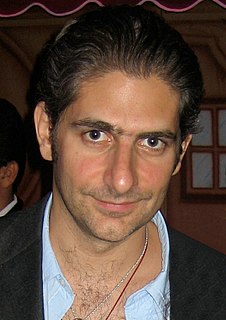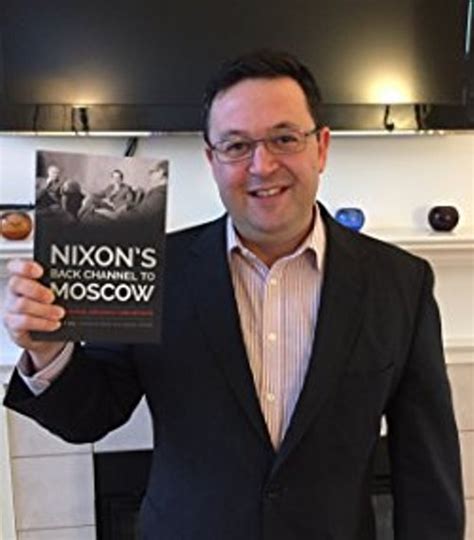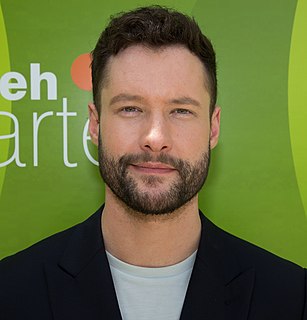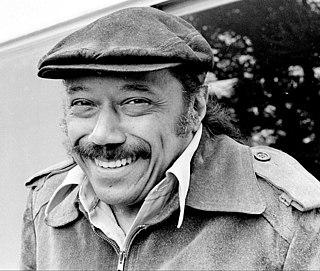A Quote by Marshall B. Rosenberg
It may be most difficult to empathize with those we are closest to.
Related Quotes
Your closest relationships are often the ones that have the most effect on you, but they are frequently the ones most difficult to change. These relationships are complex and have long histories. Lifetime habits of avoiding being really present with each other may exist in many of them. Family members, for instance, might want to support you, but will not necessarily know how to genuinely listen or be present with you in a way that is enlivening. . . . Even with the best intentions, it can be very difficult to get beyond the past and into the Now.
It would be difficult, perhaps, to find the annals of a nation less stained with crimes than those of the Armenians, whose virtues have been those of peace, and their vices those of compulsion. But whatever may have been their destiny and it has been bitter whatever it may be in future, their country must ever be one of the most interesting on the globe.
It is easy to speak words of love, or to meditate lovingly upon those people with whom you are in harmony. But it is those people who seem most difficult, who may even seem hostile, that need your radiation of love most. Their very hostility is but their soul's cry for loving recognition. When you generate sufficient love to them, the discord will fade away.
I find myself in a position where I have a voice that has the potential to influence - I want to use that to inspire confidence in those that have yet to find it, to inspire compassion in those who don't understand, but most importantly, to inspire love in everyone through the experiences and stories that we can all relate to or empathize with.
I've found in composing that being simple and profound—having in-depthness in your music—is the most difficult thing to do. Anybody can write a whole lot of notes, which may or may not say something . . . But why make it complicated for the musicians to play? Why make it difficult for the listeners to hear?






































